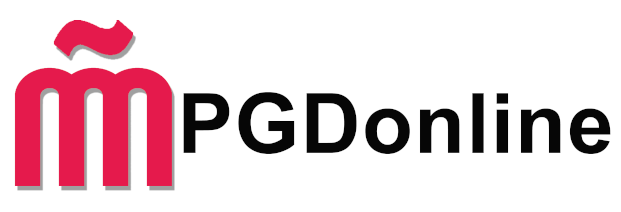INVESTIGAM: PAGODA
A Data Management Plan is a document that describes how research data generated during the course of a research project will be collected, organized, analyzed, preserved and shared. It ensures compliance with funders’ requirements.
The data management plan should be developed at the beginning of the research project to make data management more efficient.
The development of the management plan as part of the European Union Research and Innovation Framework Program Horizon 2020 started with an Open Access Research Data Pilot, which aimed to ensure access and re-use of data generated in participating projects.
In the current Horizon Europe Program (2021-2027), it is mandatory to develop the data management plan for all projects that generate or reuse data, within the first 6 months of the project, in order to:
- Perform responsible management of research data in accordance with the FAIR principles of “findability”, “accessibility”, “interoperability” and “reusability”.
- Ensure open access to research data, according to the principle “as open as possible, as closed as necessary”, by depositing the data in a trusted repository, under a Creative Commons license (CC BY), in the public domain (CC0) or equivalent.
If open access is not provided (to some or all of the data), this must be justified in the data management plan (Horizon Europe Model Grant Agreement).
CREATE THE PLAN
Consorcio Madroño offers the PGDonline tool, (adapted and translated into Spanish from the Argos tool, developed by OpenAIRE), which helps to write, share and export a data management plan.
Creating a data management plan will save a lot of time and resources during the course of the project. It should be updated and adjusted periodically, according to the progress of the project.
The data management plan should describe how:
- Organize and describe the data: which data types, formats, standards, and capture methods will be used.
- Manage legal and ethical requirements: how sensitive data will be protected, and whether its access and use will be restricted.
- Storing the data: how the data will be stored in the short and long term.
- Sharing the data: how the data will be shared, and which are the possibilities for reuse.
- Manage staff resources and training: who will be responsible for data management, what resources and training will be needed.
Source: https://library.leeds.ac.uk/info/14062/research_data_management/62/data_management_planning.
The following aspects should be explained in the templates used to prepare the data management plan:
- Data summary: the data that will be used in the project must be described in a comprehensive way. This includes the type and format, purpose, size and origin of the data.
- FAIR data: it must be ensured that the data is:
- Findable: identifiers, keywords, and metadata standards that describe the data are included to optimize their findability.
- Accessible: the repository where the data and metadata are deposited in open access is indicated. It should be justified if there is closed data.
- Interoperable: data vocabularies, standards, formats or methodologies that will be used to enable data exchange and interoperability are exposed.
- Reusable: the origin of the data is documented and the necessary information is provided to validate the data and facilitate its reuse, for example with readme files. The licenses for using the data are also indicated.
- Other research results: Indicate which issues related to FAIR data can be applied to the management of other research products generated or reused in the project, such as: software, workflows, protocols, new materials, samples, etc.
- Resource Allocation: Indicate the costs to make the data FAIR (for example, direct and indirect costs related to storage, archiving, reuse, security, etc.) and who will be responsible for data management.
- Data Security: it is ensured to be stored securely in trusted repositories for long-term preservation and conservation.
- Ethics: any ethical or legal issues that may have an impact on data sharing are presented. Furthermore, when research uses personal data, reference should be made to aspects such as informed consent and long-term retention.
- Other issues: describe if other procedures (national, supplier, sectoral, departmental) are going to be used for data management.
Templates for developing the data management plan:
Horizon Europe Data Management Plan Template
Horizon 2020 Template for the Data Management Plan
Examples of data management plans:
ECePS ERA Chair in e-Governance and Digital Public Services
Neuronal circuits for perceptual inference
Health of young Looked After Children in Scotland
Ethical Issues in 21st Century International Development
DMP Templates
For more information, consult the FAQs and Documents
Advisory service in each of the libraries of the member universities of the Consorcio Madroño.

